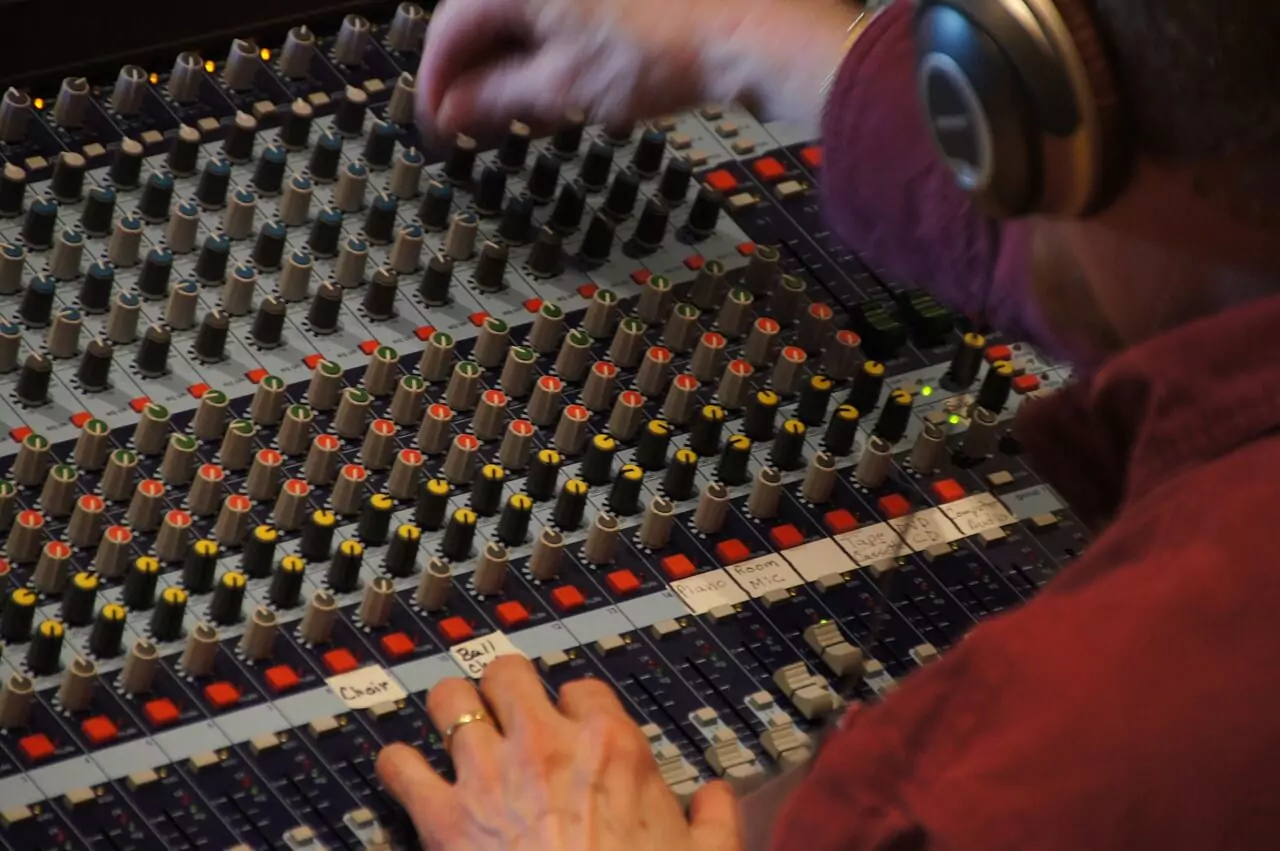
A day in the life of a recording engineer can vary depending on the clients and projects scheduled for the day. For example, Select Recording Studios offer a wide range of services as they can capture, edit, and mix audio recordings in their professional studio environment. However, here is a typical day for a recording engineer.
Morning
The day starts by arriving at the studio in good time before the first session is scheduled. A review of each session is necessary to find out the requirements of each client. This helps prepare the essential equipment, as well as the artistic direction and desired sound of the project.
An equipment check is the second protocol. This involves checking microphones, cables, preamps, and all the essential recording gear is working.
Once the studio is ready for action, it’s time to grab a morning coffee before the artists arrive.
During the Session
When the performers arrive, it is important to create a relaxed atmosphere to make them feel comfortable within the studio.
The recording engineer works closely with the musicians, providing guidance to reach their desirable sound. This includes advising on microphone placements, monitoring sound levels, adjusting settings, and more to ensure the recordings are of the highest quality.
Post-Session
A recording engineer’s job is not over when the musicians leave. Post-production editing takes place. This involves trimming audio files for any unwanted noise, mistakes, or imperfections. This process may involve taking the best parts over multiple takes to create the best track. We may even assist with vocal tuning and timing corrections if its required.
Mixing and mastering the track is the next stage. This entails adjusting audio levels and adding effects to create a well-defined and polished performance.
Extras
Occasionally, a recording engineer may experience technical difficulties with certain equipment or even software issues. It is vital to have a good knowledge and understanding of the equipment being used in your studio so these issues can be resolved promptly and therefore, disruptions to any sessions are minimised.
When a recording engineer has some free slots, they may stay up to date with the latest audio recording equipment and software. This can also help minimise technical problems. For that reason, a recording engineer may spend some of their free time learning about new trends through communicating with other producers, attending workshops, or watching content online.
Building and maintaining a good connection with the music industry on a day-to-day basis can be important as it may lead to future opportunities.
Benefits of being a Recording Engineer
Being a recording engineer has many benefits. Having a passion for music, it turns a hobby into a job. You can work closely with talented musicians, singers, bands, and others, to produce breath-taking performances. Many collaboration projects are with up-and-coming musicians in a wide range of genres and music styles, which keeps the job interesting.
Additionally, being a self-employed recording engineer means I can have flexible working hours (to a point). Obviously, there are peak times for when performers want to use the studio, but the pre-session editing can be done at any time.
